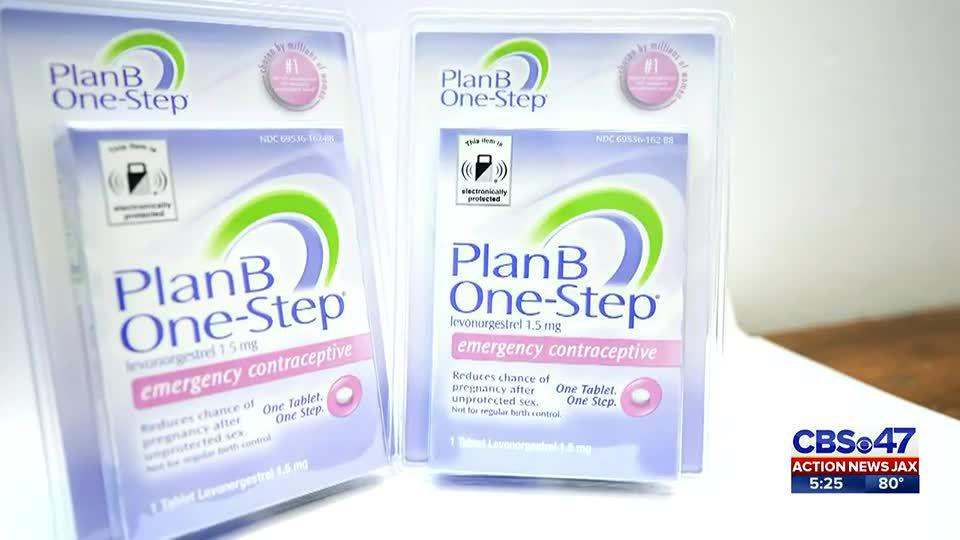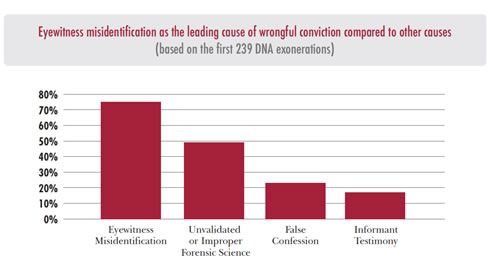Post-Roe America: How Over-the-Counter Birth Control Impacts Access

Table of Contents
Increased Accessibility and Reduced Barriers
Expanding access to over-the-counter birth control has the potential to significantly reduce existing barriers to contraceptive care. Many individuals face obstacles that prevent them from obtaining necessary birth control, and making it available over-the-counter could alleviate these challenges.
Geographic Barriers
For those living in rural areas or underserved communities, access to healthcare is often limited.
- Long travel distances to clinics: Rural residents may need to travel for hours to reach a healthcare provider, incurring significant travel costs and time commitments.
- Lack of transportation: Reliable transportation is not always available, especially in rural or low-income communities, creating a significant hurdle to accessing care.
- Limited provider availability: Many rural areas have a shortage of healthcare professionals, including gynecologists and family doctors who prescribe birth control.
- Cost of transportation: The expenses associated with travel, including gas, tolls, and parking, can be prohibitive for low-income individuals.
Over-the-counter birth control eliminates the need for these arduous journeys. Individuals can obtain contraceptives from local pharmacies, saving them time, money, and effort. This increased convenience is particularly vital for those living in geographically isolated areas.
Financial Barriers
The cost of prescription birth control and related healthcare visits is a significant barrier for many individuals, particularly those with limited financial resources.
- High cost of doctor visits: The fees associated with doctor visits, even with insurance, can be substantial.
- Insurance co-pays: Many insurance plans require co-pays for doctor visits and prescriptions, adding to the overall cost.
- Cost of prescription medications: Prescription birth control can be expensive, even with insurance coverage.
- Impact on low-income individuals: The cumulative cost of healthcare and contraception can be overwhelming for low-income families.
Over-the-counter birth control offers the potential for significant cost savings. While the price of the medication itself will vary, it is anticipated that it will be less expensive than doctor's visits and prescription costs, making it a more accessible option for individuals with limited financial resources. This increased affordability could lead to improved birth control access for low-income populations, thereby reducing unintended pregnancies.
Time Barriers
Scheduling doctor's appointments can be challenging for many individuals due to busy schedules and other obligations.
- Difficulty scheduling appointments: Finding a convenient time to visit a healthcare provider can be difficult, especially for those with demanding work or family schedules.
- Long wait times: Many healthcare providers have long wait times for appointments, leading to delays in accessing necessary care.
- Missed work/school: Taking time off from work or school to attend an appointment can result in lost wages or missed educational opportunities.
- Childcare responsibilities: Individuals with childcare responsibilities may find it difficult to arrange care for their children during a doctor's appointment.
Over-the-counter birth control offers significantly greater convenience. Individuals can purchase contraceptives at their convenience, without the need to schedule an appointment or take time off from work or school. This ease of access can significantly improve compliance rates and help prevent unintended pregnancies.
Potential Concerns and Challenges
While the expansion of over-the-counter birth control offers many benefits, it's crucial to acknowledge and address potential challenges.
Misinformation and Improper Use
The lack of professional guidance associated with over-the-counter access raises concerns about potential misinformation and improper use.
- Importance of proper education and access to reliable information: Comprehensive public health campaigns are needed to educate individuals about the proper use and potential side effects of various contraceptive methods.
- Potential for misuse or incorrect dosage: Incorrect use or dosage can significantly reduce the effectiveness of the birth control, increasing the risk of unintended pregnancy.
- The need for clear and concise labeling: Clear and accessible labeling is crucial to ensure that individuals understand how to use the medication correctly and safely.
To mitigate these risks, robust public education campaigns, coupled with clear and accessible labeling, are essential. Providing easily accessible, accurate information online and in communities is vital.
Maintaining Quality and Safety Standards
Ensuring the quality and safety of over-the-counter birth control products is paramount.
- FDA regulations: Strict FDA regulations are necessary to ensure that these products meet the highest safety and efficacy standards.
- Manufacturing standards: Rigorous manufacturing standards must be maintained to prevent contamination and ensure product consistency.
- Quality control measures: Robust quality control measures are necessary throughout the manufacturing and distribution processes.
- Rigorous testing protocols: Thorough testing is essential to verify the effectiveness and safety of the product before it reaches the market.
The FDA and other regulatory bodies play a critical role in overseeing the manufacturing, distribution, and safety of over-the-counter birth control. Maintaining high quality control standards is crucial to ensure the safety and efficacy of these products.
Equity and Access for Marginalized Communities
It's crucial to ensure equitable access to over-the-counter birth control for all populations, especially those who have historically faced barriers to reproductive healthcare.
- Addressing potential inequities in access for racial and ethnic minorities: Disparities in access to healthcare exist across racial and ethnic groups. Efforts are needed to ensure that over-the-counter birth control is accessible to all communities.
- Individuals with disabilities: Individuals with disabilities may face additional barriers in accessing healthcare. Efforts are needed to make over-the-counter birth control accessible to this population.
- LGBTQ+ individuals: LGBTQ+ individuals often face discrimination and stigma in healthcare settings. Creating an inclusive environment is vital for ensuring equitable access to over-the-counter birth control.
- Those in rural areas: As discussed previously, geographic barriers impact access in rural areas. Targeted initiatives are needed to improve access in these communities.
Targeted outreach programs and culturally competent educational initiatives can help bridge gaps in access for marginalized communities and ensure equitable access to over-the-counter birth control for all.
Conclusion
The expansion of over-the-counter birth control in a post-Roe America presents a significant opportunity to increase access and reduce barriers to reproductive healthcare. While concerns about misinformation and equitable access must be proactively addressed, the potential benefits of improved convenience, affordability, and geographic accessibility are considerable. To ensure reproductive freedom for all, a comprehensive approach that balances the opportunities and challenges presented by over-the-counter birth control is crucial. Advocating for policies that support safe and accessible over-the-counter birth control is vital in the current landscape of reproductive healthcare. Let's work together to improve access to over-the-counter birth control for everyone.

Featured Posts
-
 Godzilla X Kong Sequel A Rogue Hero Joins The Fray
Apr 25, 2025
Godzilla X Kong Sequel A Rogue Hero Joins The Fray
Apr 25, 2025 -
 Q6 Millones De Quetzales El Alto Costo De La Condena A Kevin Malouf
Apr 25, 2025
Q6 Millones De Quetzales El Alto Costo De La Condena A Kevin Malouf
Apr 25, 2025 -
 Public School Principal Allows Anzac Day Opt Out Community Reaction
Apr 25, 2025
Public School Principal Allows Anzac Day Opt Out Community Reaction
Apr 25, 2025 -
 Protecting Yourself The Benefits Of Legal Representation Post Car Accident
Apr 25, 2025
Protecting Yourself The Benefits Of Legal Representation Post Car Accident
Apr 25, 2025 -
 Cool Sculpting Complications Linda Evangelistas Case And The Risks Of Fat Freezing
Apr 25, 2025
Cool Sculpting Complications Linda Evangelistas Case And The Risks Of Fat Freezing
Apr 25, 2025
Latest Posts
-
 Adonis Smith Homicide Trial Witness Recounts Events Leading To 2019 Death
May 01, 2025
Adonis Smith Homicide Trial Witness Recounts Events Leading To 2019 Death
May 01, 2025 -
 Coronation Street Actor Reveals Details Of Weeping Farewell
May 01, 2025
Coronation Street Actor Reveals Details Of Weeping Farewell
May 01, 2025 -
 2019 Shooting Trial Best Friends Testimony Against Adonis Smith
May 01, 2025
2019 Shooting Trial Best Friends Testimony Against Adonis Smith
May 01, 2025 -
 Coronation Street Stars Emotional Exit The Truth Behind The Tears
May 01, 2025
Coronation Street Stars Emotional Exit The Truth Behind The Tears
May 01, 2025
